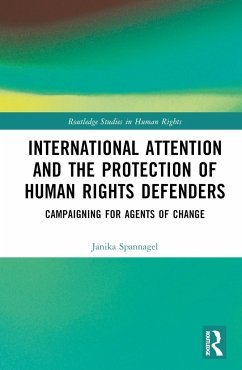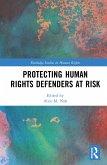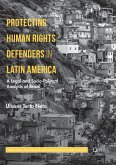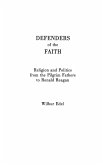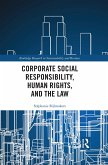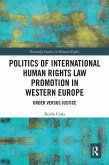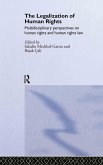This book uses a practice-driven and empirically founded approach to address the question of whether and how international attention can protect and enable domestic human rights activists in authoritarian settings. It examines the untold origin story of the 'human rights defender' term and its uptake among international advocacy organizations, which coalesced with the rise of a theory of human rights change centered around the support for local actors. Rich with analyses of original qualitative and quantitative data, the author spells out this theory of change and tests its assumptions in two case studies: the individual casework of the UN special procedures, and the case of Tunisia under Ben Ali. This book is of key interest to scholars and students of human rights, of the United Nations, and more broadly of international relations and politics in general, and to practitioners working with human rights defenders at risk.
Hinweis: Dieser Artikel kann nur an eine deutsche Lieferadresse ausgeliefert werden.
Hinweis: Dieser Artikel kann nur an eine deutsche Lieferadresse ausgeliefert werden.

